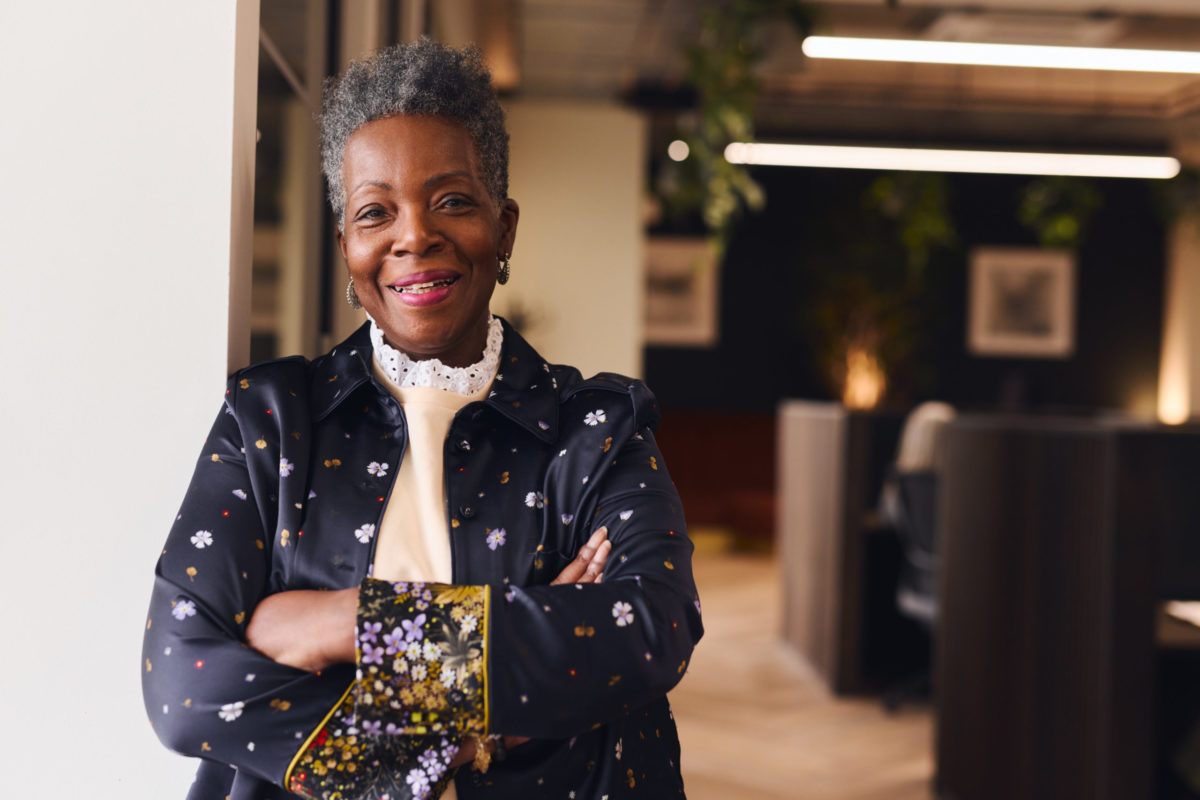COVID brought challenges, revealed resilience in Philadelphia’s older adults
By Jay Nachman
The golden years were anything but golden for many during the COVID-19 pandemic.
“We were scared, and we didn’t know what was what,” said Cynthia Baum-Baicker, Ph.D., a clinical psychologist with an office in Center City who has been in practice for more than 40 years.
“What was once safe was no longer safe,” she recalled. “We didn’t see our families. Our children. Everything changed. For people who are not technologically savvy we had to learn pretty quickly.”
People were frustrated, angry, depressed and scared to go to the doctor.
The uncertainties the pandemic brought came in addition to the concerns older adults have around such issues as retirement, aging, fears of dementia, physical decline and loss, Baum-Baicker said. There were also conflicts within families as members reacted differently to the virus, she said.
“You saw people who had difficult with family members who did not take the pandemic as seriously as their elder parents. Or the reverse. You had elder parents who weren’t taking it as seriously and you had their kids being really worried for them and about them and angry at them that they weren’t protecting themselves enough,” Baum-Baicker said.
The pandemic did bring certain positives to people’s lives, whether it was reconnecting with old friends, taking on new projects like cooking or having cocktails with friends over Zoom. Baum-Baicker, 69, immersed herself in a project, creating a series of articles for “Psychology Today” on how to cope with COVID-19 and other stressful situations.
In one post, she noted that people can find refuge by immersing themselves in an artistic endeavor. “When engaged with art, we forget ourselves and, in a way, fuse with the art (music, a good book, visual art, theater, writing, etc.). Our attention is mostly consumed,” she wrote. “Aesthetic immersion helps us cope during uncertain times when a balance of change and steadfastness seems to be the requisite for living with COVID.”
Another post focused on strategies to overcome physical and psychological symptoms. Baum-Baicker wrote, “if you’re dealing with COVID-19 fatigue, focus on what you can do that’s novel to break up the feeling of un relenting sameness. Someone who’s hyper focused on the negative could intervene by creating a list of what they’re grateful for.”
The winning ticket is not to turn fully away or deny negative emotion, but rather to allow for an “emotional blend,” she wrote. “This is termed ‘affect optimization’ and it means that while you acknowledge and allow for negative emotions (or negative affect), you also lean in on or gravitate toward positive emotions.”
Baum-Baicker noted a person’s physical environment shapes behavior and impacts their mood. “Consider looking around at your living space and imagining what you could change that might make you feel calmer or more buoyant to improve the physical environment,” Baum-Baicker suggested.
President Biden declared in a “60 Minutes” interview in September that the COVID-19 pandemic is over, saying, “We still have a problem with COVID. We’re still doing a lot of work on it. But the pandemic is over. If you notice, no one’s wearing masks. Everybody seems to be in pretty good shape, and so I think it’s changing.”
Baum-Baicker said people learned resilience during the height of the pandemic and she invoked philosopher Friedrich Nietzsche’s aphorism, what doesn’t kill you makes you stronger. After all, she said, it takes a certain degree of wisdom to accept one’s situation.
“I think we’ve all been through something,” Baum-Baicker said. “And while we might feel a little more down, we also learned during the pandemic, some coping. How to remain connected to people even when we couldn’t see them. How to find ways to be stimulated at home. If it happens again, I think when you live through something once, you know there’s more of a belief you can live through it again.”
Jay Nachman is a freelance writer in Philadelphia who tells stories for a variety of clients.




